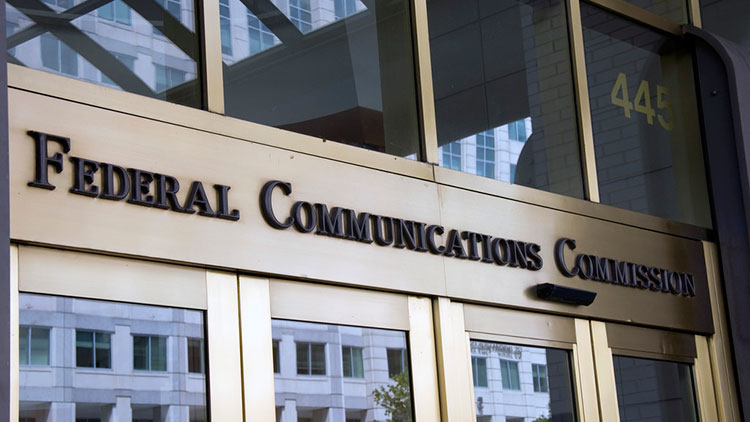CWA to FCC: Wireless is No Substitute for Wired 'Net

The smarter way to stay on top of broadcasting and cable industry. Sign up below
You are now subscribed
Your newsletter sign-up was successful
The FCC recently asked for input on whether wireless is now a substitute for wired broadband. The Communications Workers of America says a definitive "no," and has offered up a report in an effort to back up the assertion.
That came in comments to the FCC. In teeing up the next Sec. 706 report to Congress on whether advanced telecommunications is being deployed to all Americans in a reasonable and timely fashion, the FCC sought comment on whether mobile broadband was now a substitute for wired and could be considered a full-fledged market competitor—it has not been considered such in recent reports under previous, Democratic, chairs.
The (extended) deadline for those comments was Oct. 6.
In its comments, CWA said its "expert report," from CTC Technology & Energy, found that mobile was not an adequate substitute, but was and would remain a complement to faster and more robust wired broadband.
The FCC has proposed to downsize its definition of high-speed broadband from 25/3 Mbps (25 download/3 upload) to 10/1 Mbps, which would help the slower wireless broadband speeds qualify. But the CTC report says for technical and business reasons, wireless is not now an "adequate" competitor and is not likely to be so anytime soon.
It argues that a hypothetical 5G future with speeds theoretically in excess of some wired services should not be the metric for discussing the relative merits of networks and that even the highest capacity nets require the kind of backhaul infrastructure that would leave rural areas with substandard services unless there is a fiber upgrade.
In additional to the technical imbalance, the report asserts that while wireless business models, like limiting usage or controlling how applications run may have legitimate reasons, they make it "far inferior and less usable" than wireline.
The smarter way to stay on top of broadcasting and cable industry. Sign up below
Contributing editor John Eggerton has been an editor and/or writer on media regulation, legislation and policy for over four decades, including covering the FCC, FTC, Congress, the major media trade associations, and the federal courts. In addition to Multichannel News and Broadcasting + Cable, his work has appeared in Radio World, TV Technology, TV Fax, This Week in Consumer Electronics, Variety and the Encyclopedia Britannica.

